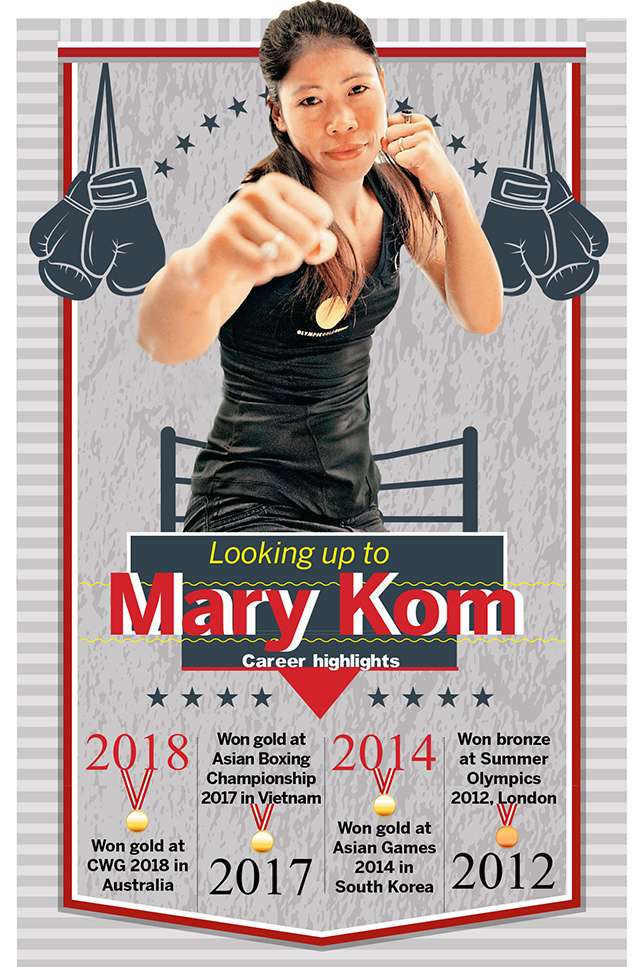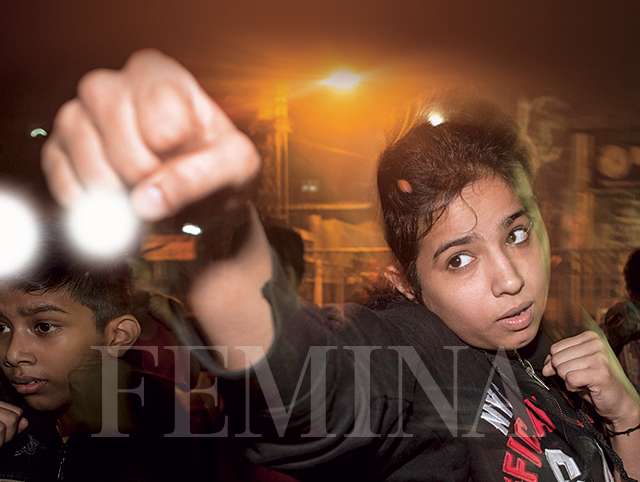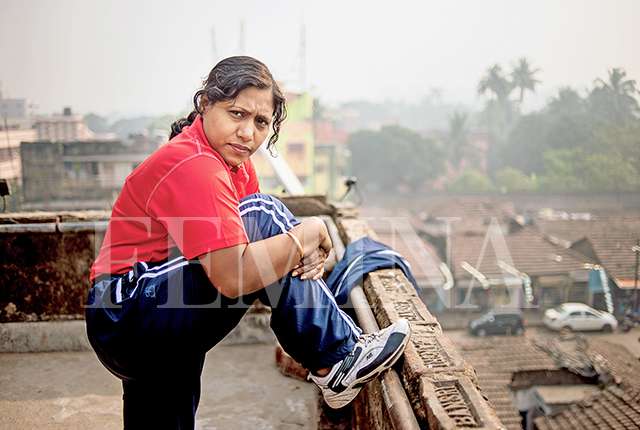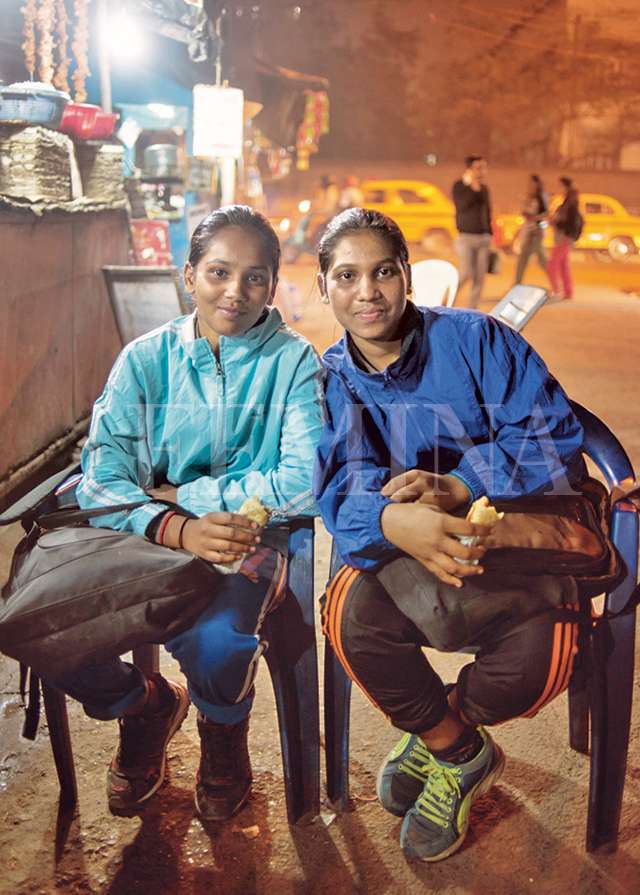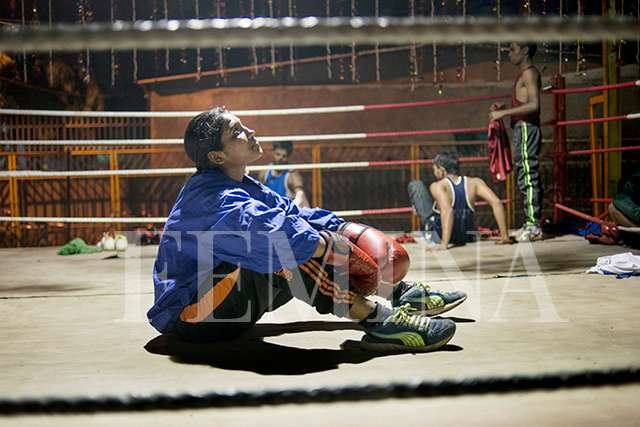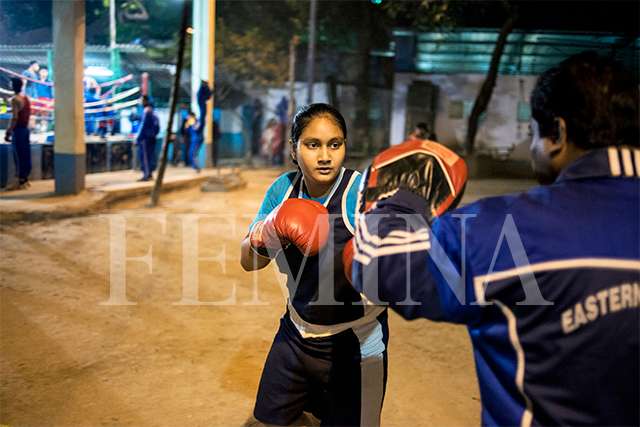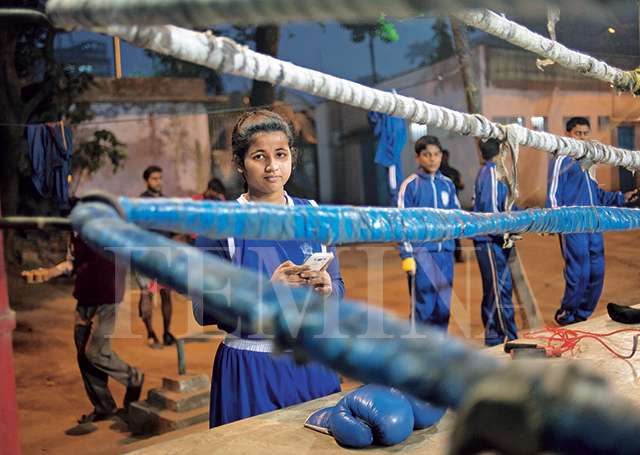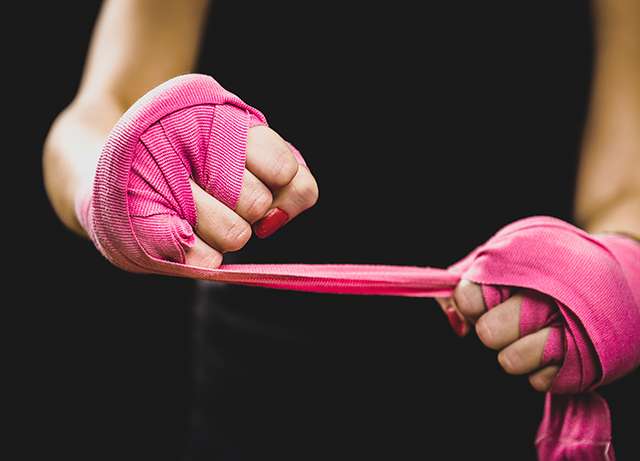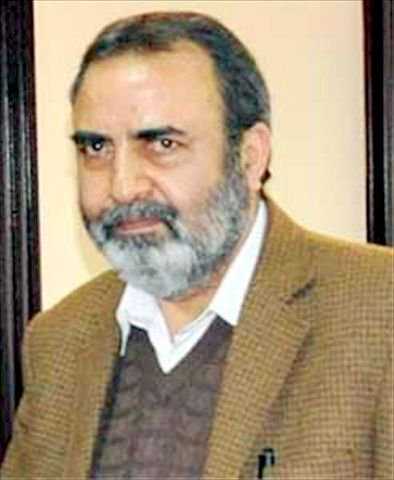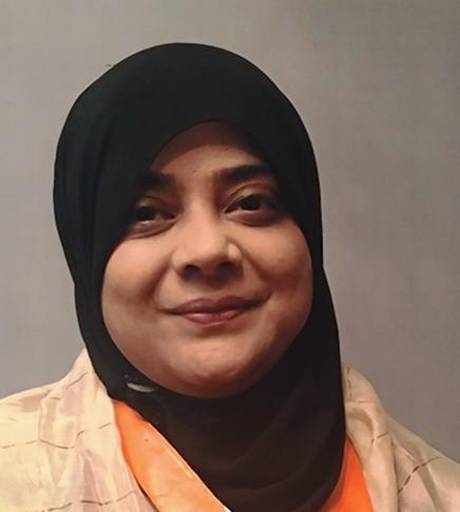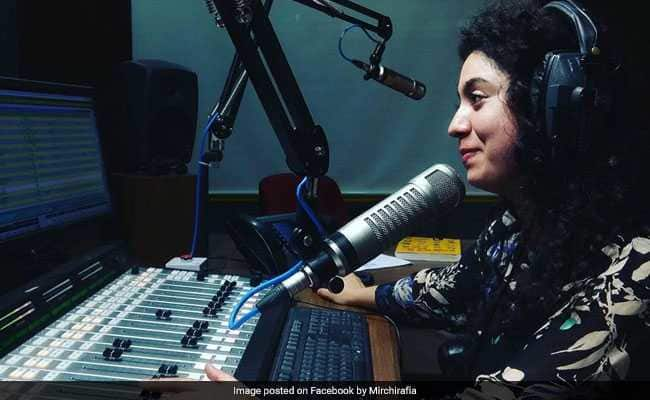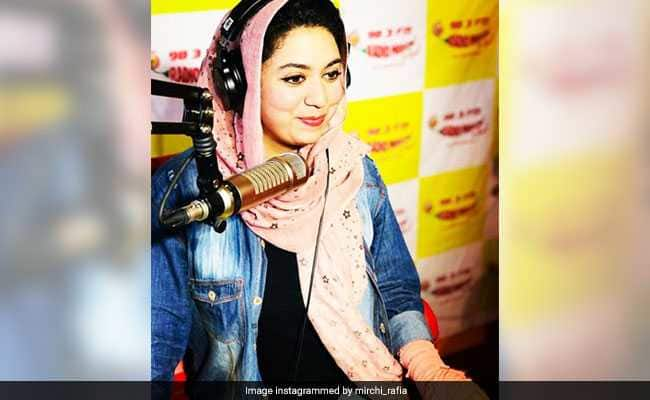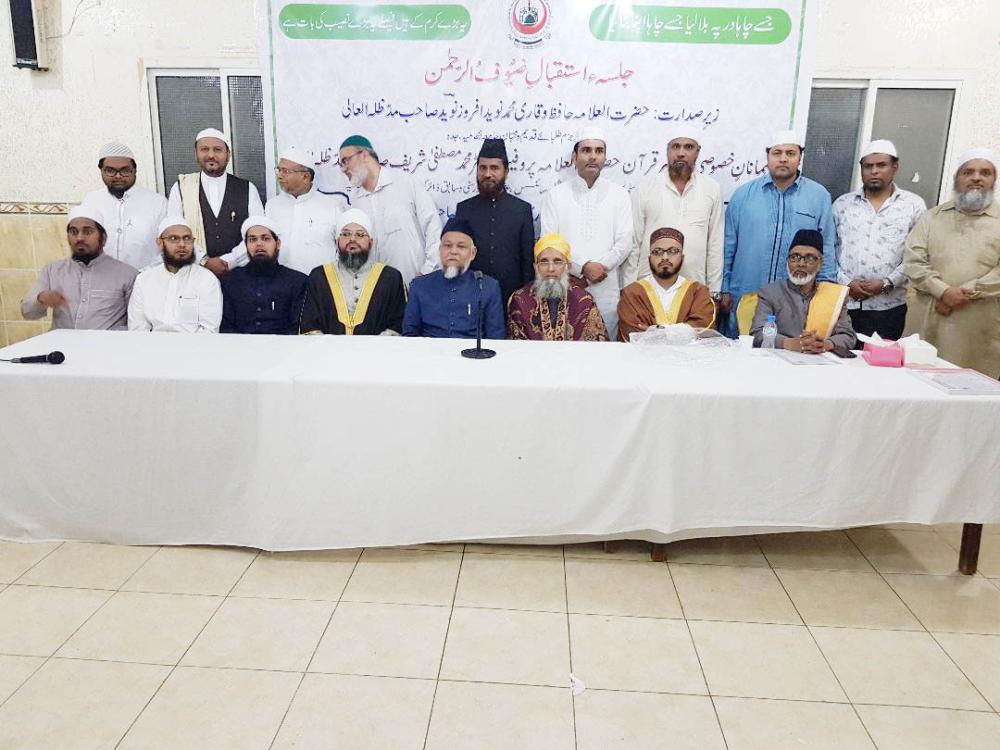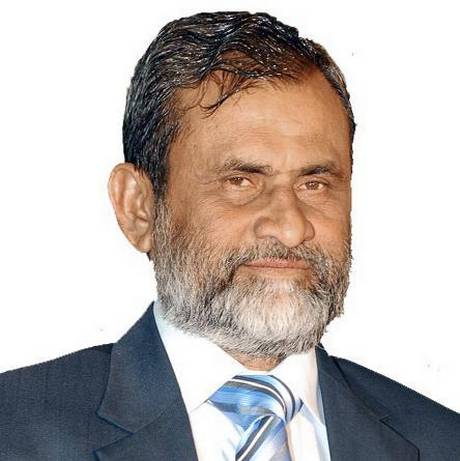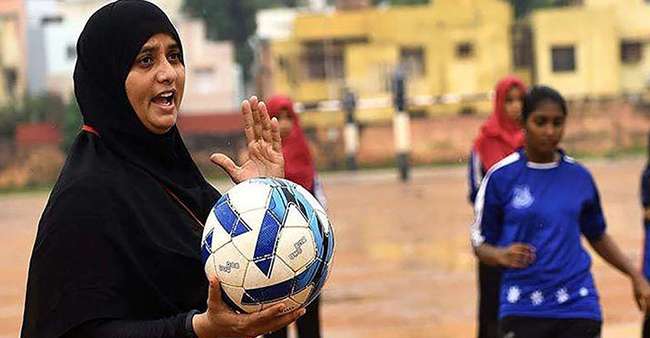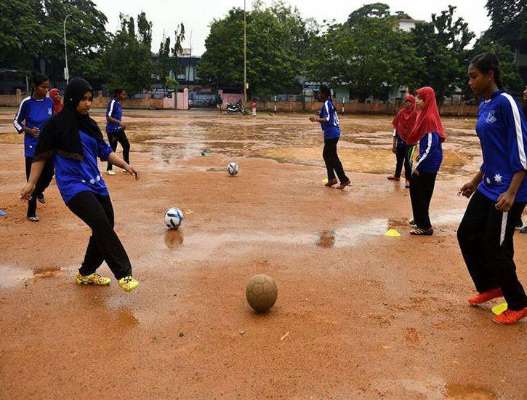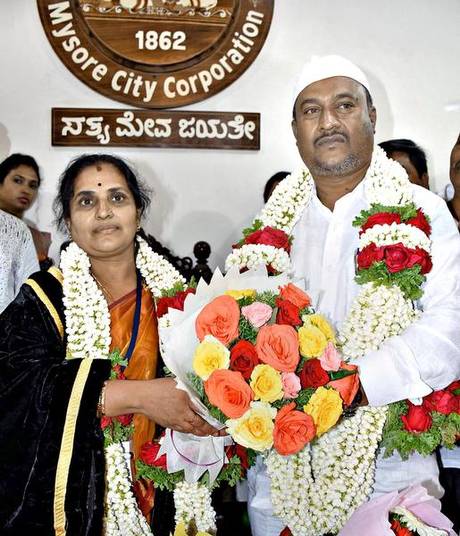Pune, MAHARASHTRA :
Working in tandem with Savitribai Phule, Fatima had to not only take on high caste Hindus but also faced fierce opposition from orthodox Muslims who opposed the idea of equal education for all.
Are you in favour of education for girls? To even ask this question in today’s socio-political milieu seems ridiculous, considering that this is not only enshrined in our Constitution but supported by mainstream public discourse.
There are numerous government programmes and schemes dedicated to the education of the girl child, irrespective of class, caste or religion. Admittedly, there are parts of this country where this idea and subsequent socio-economic progress is actively discouraged. However, more than 150 years ago, it wasn’t even a part of the mainstream socio-political discourse, and in fact, those pushing for it were met with intense hostility and social boycott.
Those with even a cursory knowledge of the history behind education in India will have heard of Savitribai Phule, who valiantly fought against the oppressive hierarchies of caste and gender to challenge untouchability and educate girls, among other critical social interventions.
Along with her husband Jyotirao Phule, they fought against caste discrimination, the scourge of untouchability and worked towards the emancipation of women and reform of Hindu family life in present-day Maharashtra during the 19th century. They were among India’s first major social reformers.
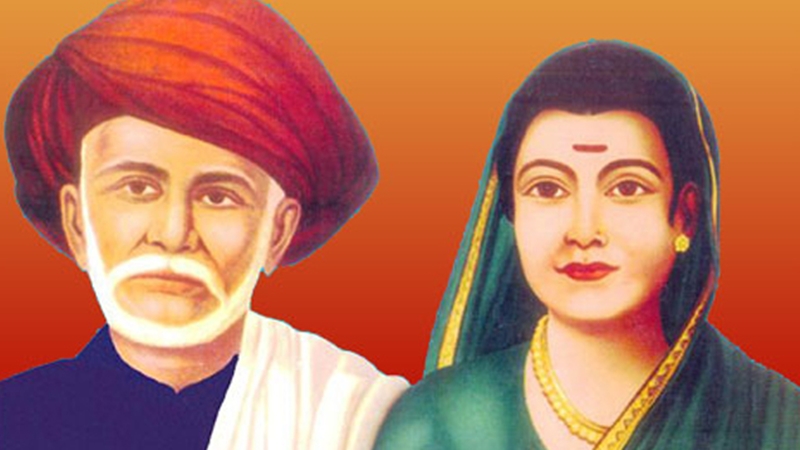
But how many people know about the Muslim woman who made Savitribai’s bid for girl education possible? Not many, one would argue, and that isn’t their fault considering little is known about her life history.
What we do know is her name was Fatima Sheikh, and she is widely recognised as the first woman Muslim teacher in India, who also worked with Savitribai to establish the first school for girls at her own house, alongside her brother Usman Sheikh in 1848.
The story begins with the Phule couple attempting to educate members of the lower caste communities, particularly their women, at their home in Pune.
Considering that education at the time was the preserve of only upper caste men, the very thought of educating women and lower castes was anathema, and the Phule couple were given the choice of either stopping work or leaving their home. They chose the latter but were offered refuge by Fatima and Usman at their home in the Ganj Peth area of Pune (then referred to as Poona).
At a time when everyone including their own kin abandoned these social reformers, Fatima and Usman not only gave them an opportunity to rekindle their ambition to uplift those on the margins but also sheltered them. At the Sheikh household, Fatima helped Savitribai to set up the first school for girls in Pune called the ‘Indigenous Library.’
According to archives from the era, it was Usman (inspired by the Phules) who encouraged his sister to not just educate herself but also spread its gospel to all members of society.
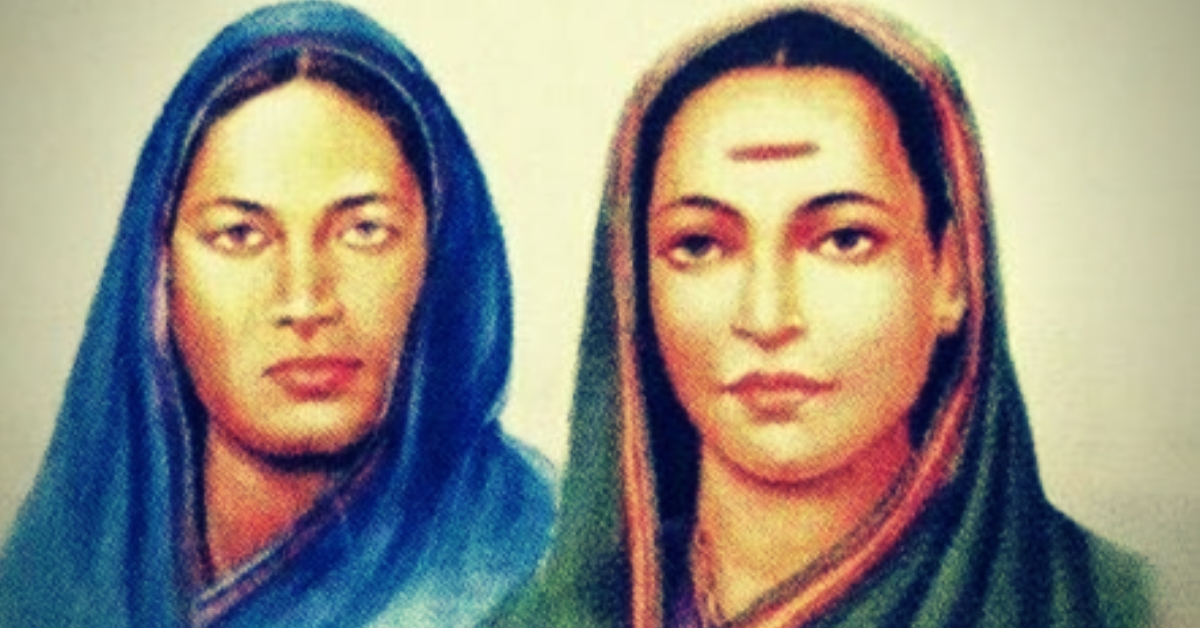
Not only was Fatima risking the wrath of caste Hindus, but also orthodox Muslims, as both groups at the time were deeply opposed to the idea of equal access to education. Nonetheless, this didn’t deter Fatima, who not only undertook training alongside Savitribai but also soon after began teaching others.
“Defying all norms, Fatima and Savitribai set up the school and even went to a training institute, to become professional teachers,” says this account from Feminism in India. They were soon joined by social reformer Saguna Bai, who helped Savitribai open another school and would subsequently go onto chart her own education movement for the marginalised.
Through her time with Savitribai, Fatima had taught in all the five schools that the social reformer couple had opened, and continued to do so until 1856 when Savitribai was afflicted by illness and was compelled to move back to her mother’s house. We don’t know much about her life post-1856.
“When Fatima and Savitribai started going to schools which were established by Jyotiba, people from upper caste community used to harass and abuse them. They were stone pelted and sometimes cow dung was thrown at them as it was unimaginable for the upper-caste community to see lower castes of the society getting educated. Fatima Sheikh and Savitribai didn’t pay attention to these hindrances and continued their work,” writes Siddhant Mohan, editor of Two Circles. Aside from such hostility, there are even reports that some had attempted to take their lives.
Despite the challenges before Fatima, she maintained her pursuit of approaching every household in her neighbourhood and community, asking families and encouraging them to give their girls a shot at a decent education, irrespective of faith.
Having said that, there isn’t too much historical or archival material to ascertain what happened to Fatima after 1856, and even the question of when she was born remains up for debate although her birth anniversary is celebrated across social media forums on January 9. With no real male figure in Fatima’s life aside from her brother, there are indications that she went against the norm of marriage and subsequent patriarchy and orthodoxy she would have to endure. Nonetheless, her work with Savitribai isn’t disputed, and one can only imagine the kind of resistance she faced.
Last April, members of the depressed classes celebrated Dalit History month, and on that occasion an internet archive Dalit History said:
“The friendship between Fatima and Savitri was one of respect, compassion and synergy. Throughout their time together, Savitri would often mention her in her letters to Jyotirao with affection and concern. Their friendship lives today in the form of the work they have done in creating both foundation will and actual structures for the upliftment of the marginalised.”
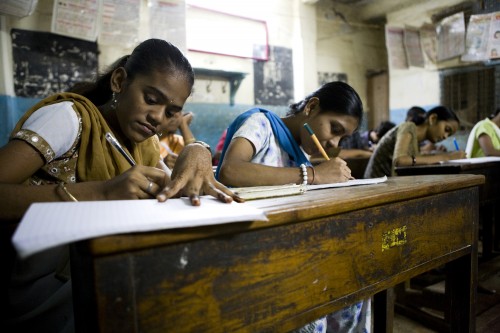
to Savitribai Phule and Fatima Sheikh.
Fortunately, there have been attempts to recognise her work and contribution. Aside from her association with the Phules, the Maharashtra State Bureau of Textbook Production and Curriculum Research took cognisance of her contribution in their textbooks in 2014.
Fatima Sheikh played a crucial role in ensuring that children, irrespective of gender, caste or religion, had access to education, and the results are there for everyone to see.
(Edited by Gayatri Mishra)
source: http://www.thebetterindia.com / The Better India / Home> Education> History> Women / by Rinchen Norbuwangchuk / September 19th, 2018
